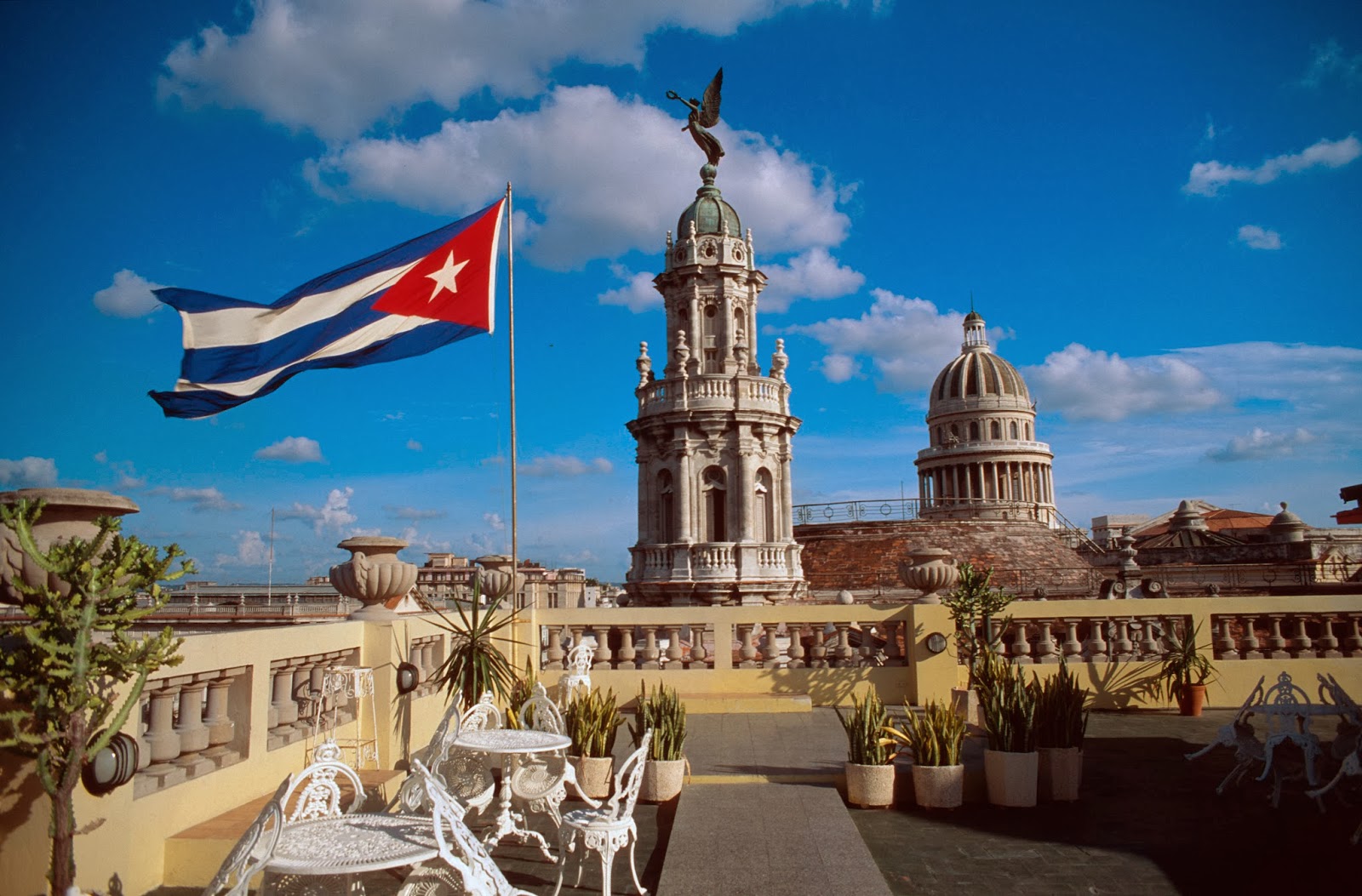Cuba, a vibrant and colorful island nation located in the Caribbean, is known for its rich history, stunning beaches, and unique culture. Let's dive into some interesting facts and figures about this fascinating country.
Cuba has a population of approximately 11.3 million people, making it the most populous island in the Caribbean. The capital city of Cuba is Havana, which is also the largest city in the country.
One of the most famous exports of Cuba is its cigars. The country is renowned for producing some of the finest cigars in the world, with brands like Cohiba and Montecristo being highly sought after by cigar aficionados.
Cuba has a tropical climate, with warm temperatures year-round. The average temperature in Cuba ranges from 70°F to 90°F, making it an ideal destination for beach lovers and sun-seekers.
The official language of Cuba is Spanish, and the currency used is the Cuban Peso. The country has a dual currency system, with the Cuban Peso (CUP) used by locals and the Cuban Convertible Peso (CUC) used by tourists.
Cuba has a rich cultural heritage, with influences from Spanish, African, and indigenous Taíno cultures. This unique blend of traditions is reflected in Cuba's music, dance, and cuisine, making it a truly diverse and vibrant country.
Cuba is known for its classic cars, with many vintage American cars from the 1950s still being used on the streets. These iconic cars have become a symbol of Cuba's resilience and ingenuity in the face of economic challenges.
Cuba is home to nine UNESCO World Heritage Sites, including Old Havana, Trinidad, and Viñales Valley. These sites are recognized for their cultural and historical significance, attracting tourists from around the world.
Cubans are passionate about baseball, which is considered the national sport of the country. Many Cuban players have gone on to have successful careers in Major League Baseball in the United States, showcasing the talent and passion for the sport in Cuba.
Cuba has a literacy rate of over 99%, making it one of the most literate countries in the world. Education is highly valued in Cuba, with free education provided to all citizens from primary school to university.
Tourism is a major industry in Cuba, with millions of visitors flocking to the island each year to experience its beautiful beaches, vibrant culture, and historic sites. The tourism sector plays a significant role in the country's economy, providing jobs and revenue for the local population.
Overall, Cuba is a country with a rich history, vibrant culture, and warm hospitality. Whether you're exploring the colorful streets of Havana, relaxing on the pristine beaches of Varadero, or dancing to the rhythms of salsa music, Cuba has something to offer for everyone.
Soun Price Prediction: Analyzing The Future Trends
HTOO Stock Forecast 2025
Introducing Walk Leggings: The Latest Trend In Comfortable And Stylish Activewear


